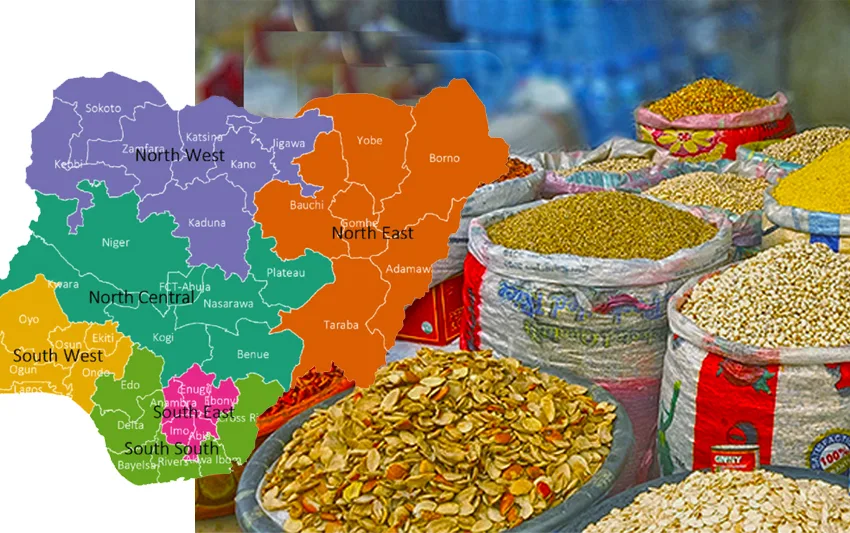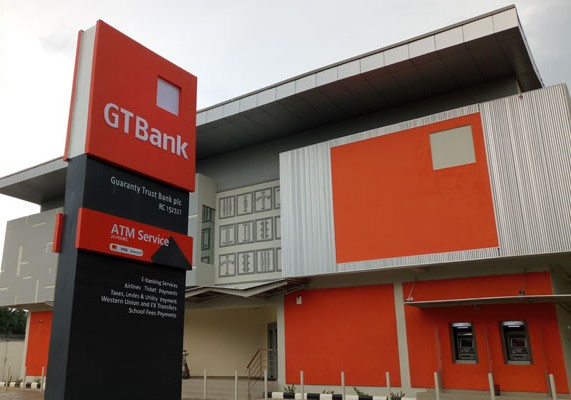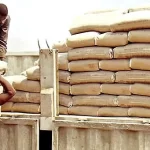The Urgency of Food Security
Nigeria, a nation with a growing population, faces an increasing challenge of food insecurity that threatens its social, economic, and national stability. In recent statements, Minister of Agriculture and Food Security, Abubakar Kyari, emphasised that food insecurity is not just about hunger; it affects health, productivity, and even national security. As the Nigerian government pushes for agricultural reforms, many stakeholders believe that strategic interventions and public-private partnerships are essential to ensuring food security for all.
The Minister’s Perspective on Food Security
In an exclusive interview during the Food and Energy Security in Africa Conference in Lagos, Minister Kyari shared insights on the government’s efforts to address food insecurity. He pointed out that food insecurity affects far more than just basic hunger. “The implications of food insecurity extend beyond immediate hunger. It impacts health outcomes, diminishes productivity, and contributes to social and economic instability,” Kyari explained.
Join our WhatsApp ChannelThe Minister acknowledged that the long-term effects of food insecurity could undermine the well-being of future generations and jeopardise national security. “If we do not tackle food security today, we risk compromising the stability of our nation in the future,” he added.
As a solution, Kyari highlighted the need for investments in climate-smart agriculture. “Our agriculture sector is vital to the economy, but it faces numerous challenges—climate change, soil degradation, and poor land management practices. To overcome these, we must adopt bold, innovative, and sustainable solutions,” he said. Expanding irrigation systems and improving storage facilities were identified as critical measures to enhance agricultural productivity and reduce post-harvest losses.
The Role of Government and Private Sector Collaboration
Kyari stressed that transforming Nigeria’s agricultural landscape cannot be achieved solely by the government. “The support of the private sector is crucial for sustainable solutions,” he noted. He emphasised the importance of partnerships in building a resilient agricultural system that can withstand the challenges posed by unpredictable weather patterns, droughts, and floods.
During his speech, the Minister also discussed the ongoing efforts to improve the agricultural value chain, from better storage facilities to more efficient logistics and agro-processing industries. These initiatives aim to reduce food wastage and improve food distribution across the country.
Senator Umeh on Food Security and Economic Challenges
In addition to government officials, Senator Victor Umeh of the Labour Party (LP) spoke candidly about the economic hardships Nigerians are facing, particularly in terms of food security. In an interview in Enugu, Umeh recognised the severity of the situation. “We understand the mood of the times now; things are very difficult. But we are appealing to our people to be patient and see how the government programs can turn things around,” he said.
Umeh mentioned that, as representatives of the people, lawmakers are under pressure to support their constituents, many of whom are struggling with the effects of food insecurity. “We receive calls every hour from families asking for help to cushion the effects of hardship. We know things are difficult, but we are working hard to ensure the government’s programs address these issues effectively,” he added.
Nigerians Speak on the Ground Realities of Food Security
While the government and lawmakers focus on macro-level solutions, the real situation is felt most acutely by local farmers, who bear the brunt of food insecurity. We spoke to four Nigerian farmers to understand the daily challenges they face.
Isaac Jahol, a farmer from Kaduna, described how climate change is impacting crop yields. “The weather has become unpredictable. Sometimes we have floods, and sometimes there is drought. It’s hard to plan when you don’t know what the weather will do,” he explained. He called for more support from the government, especially in the form of irrigation systems and improved seed varieties.
READ ALSO: Ekiti 2025 Budget Will Focus On Food Security, Wealth Creation – Gov Oyebanji
Adebayo Alana, a farmer from Ogun State, echoed Isaac’s concerns about climate change but also highlighted the issue of soil degradation. “The soil is becoming less fertile. We are forced to use more fertilizers, but it’s expensive. This increases our costs, and we still don’t get the kind of yield we need,” she shared.
Similarly, Abdulahi Aana from Borno, pointed out the difficulty of accessing markets. “We produce a lot of food, but it’s hard to get it to the people who need it. The roads are bad, and there aren’t enough storage facilities. Much of what we grow gets spoiled before it can reach the market,” he said.
Finally, Fatimah , a rice farmer also from Borno, stressed the importance of government-backed financial support for farmers. “We need better access to credit and loan facilities. Many of us have to rely on informal lenders, which come with high-interest rates,” she stated.
Expert Opinions on Tackling Food Security in Nigeria
Dr. Adeola Olamide, an agricultural economist, explained that the key to achieving food security in Nigeria is through improving agricultural productivity and creating resilient systems. “Nigeria has the potential to produce enough food for its population, but it requires a concerted effort to tackle challenges like climate change and poor infrastructure,” Olamide stated. He emphasised the need for policy reforms that incentivise investment in the agriculture sector, particularly in areas like water conservation, crop insurance, and sustainable farming practices.
Professor John Okeke, an expert in rural development, suggested that Nigeria’s food security could be greatly enhanced through education and training for farmers. “Farmers need to be equipped with knowledge about sustainable agricultural practices, climate-smart technologies, and market access. This will help them improve their yields and make farming more profitable,” he said.
A Call to Action for Food Security
The future of Nigeria’s food security depends on bold, collective action. As Minister Kyari and other experts have highlighted, achieving food security requires a combination of government policy, private sector investment, and grassroots support. While Nigeria has the resources to address the challenge, it will take innovation, collaboration, and perseverance to ensure that food insecurity becomes a thing of the past.
With the support of farmers, lawmakers, and experts, Nigeria has the opportunity to build a more resilient agricultural system that ensures food security for generations to come.
Emmanuel Ochayi is a journalist. He is a graduate of the University of Lagos, School of first choice and the nations pride. Emmanuel is keen on exploring writing angles in different areas, including Business, climate change, politics, Education, and others.



















Follow Us